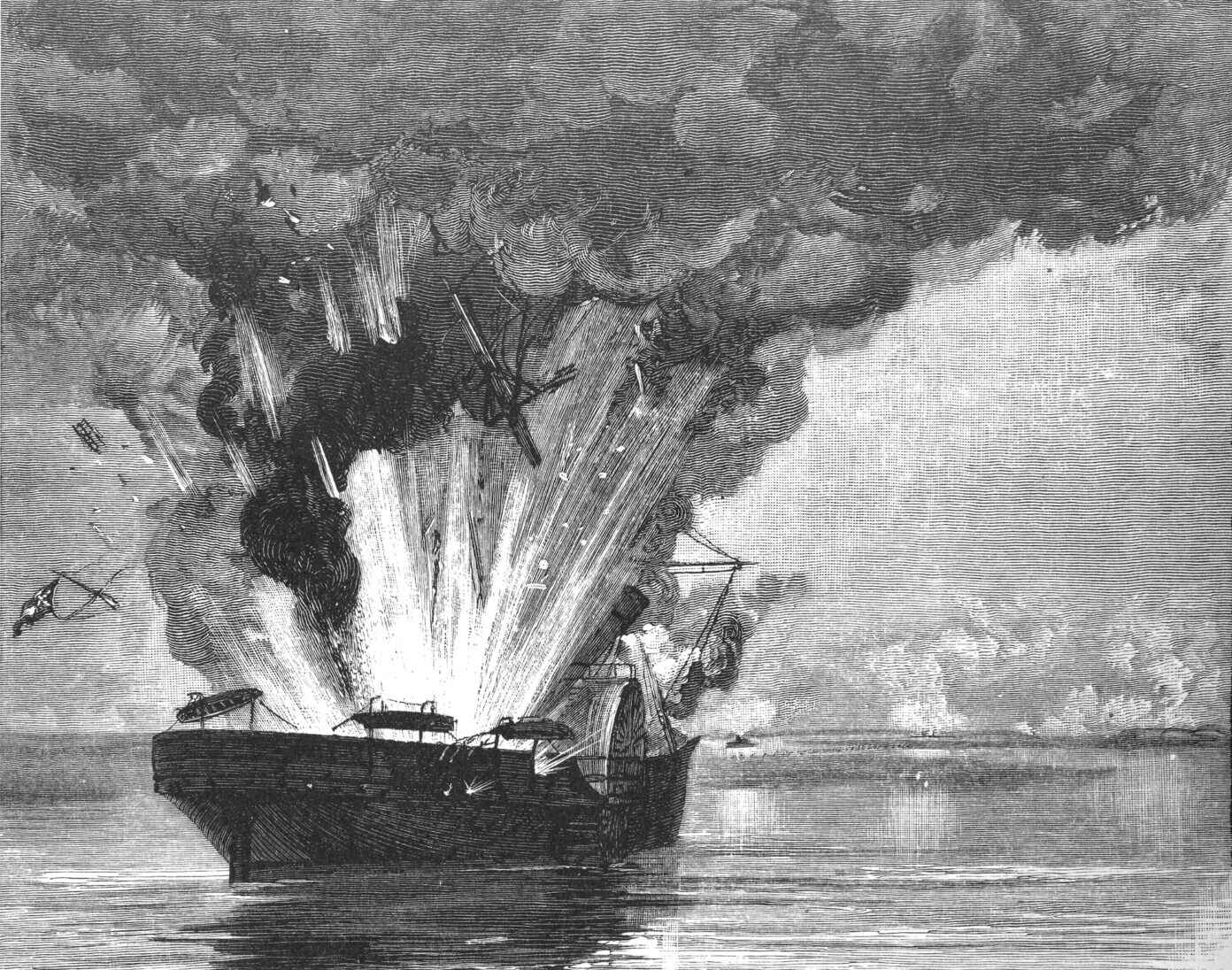To Address Overdose, The U.S. Should Ramp Up Proven Interventions at Home, Not Performative Attacks Abroad.
October 15, 2025
Overview
President Trump and members of his administration have justified recent deadly assaults on civilians abroad by claiming that the boats they were in were carrying illicit drugs and that the alleged drug smuggling “constitutes an armed attack on the United States.” We have effective prevention, treatment, and harm reduction interventions that reduce overdose and other harms. The U.S. should embrace and fund those initiatives at home, not engage in inhumane, unjust, and ineffective attacks abroad.

As of this writing, the U.S. military has attacked and sunk at least five vessels operating in international waters thousands of miles from the U.S. The first occurred on September 2, when the navy repeatedly struck a boat with 11 people onboard. “There’s more where that came from,” promised President Donald Trump. Indeed, the U.S. military sunk a second boat on September 15, and a third several days later. In early October a fourth vessel was destroyed, with a fifth following on October 14. All onboard the ships – at least 27 people, all civilians – were killed in the attacks.
President Trump and members of his administration justified these deadly assaults on civilians by claiming that the boats were carrying illicit drugs. Trump also asserted that the first was operated by Tren de Aragua, a loosely organized Venezuelan gang. The administration has presented no solid evidence for either contention. Trump has also recently attempted to justify the attacks by claiming that the U.S. is engaged in an “armed conflict” with drug cartels, that members of such cartels are “unlawful combatants,” and that the alleged drug smuggling “constitutes an armed attack on the United States.”
This is, to be clear, the international law equivalent of Michael Scott declaring bankruptcy. “It is illegal,” as the New York Times reported, “for the military to deliberately kill civilians — even suspected criminals — who are not directly participating in hostilities.” The so-called “war on drugs” is not actually a war, and Congress has not authorized military action against the individuals or organizations the administration claims were piloting the destroyed vessels. The U.S. can and routinely does arrest and try alleged drug traffickers captured offshore in civilian courts.
The apparent illegality of these extrajudicial killings does not appear to concern the administration. “These strikes will continue until the attacks on the American people are over!!!!,” wrote Defense Secretary Pete Hegseth on social media. When Vice President JD Vance — a Yale law school graduate and former Marine — was informed that the unprovoked killings might be a war crime, he responded, “I don’t give a sh*t what you call it.” Trump, speaking to the United Nations, was equally blunt: “To every terrorist thug smuggling poisonous drugs into the United States of America, please be warned that we will blow you out of existence.”
These actions and statements are extremely alarming both on their own and in what they represent: the continued erosion of the Constitutional order, the debasement of the rule of law, and the long-standing use of the “war on drugs” to justify American interference abroad. Venezuela is not a major source of illicit drugs to the U.S., and almost no fentanyl at all comes from the country. It is a thorn in the side of the president, and many believe that these attacks are a prelude to military action to remove the country’s president, Nicolas Maduro (many readers may hear echoes of the U.S. invasion of Panama in 1989, an action that was widely condemned by the international community and resulted in the deaths of hundreds of Panamanians, including hundreds of civilians, as well as 26 Americans).
Presidential action and international law are largely governed by norms. Regardless of the administration’s intent, it is important that these actions not be further normalized. The “war on drugs” is now and always has been a war on the weak, the other, and those the government finds bothersome. We have effective prevention, treatment, and harm reduction interventions that reduce overdose and other harms. The U.S. should embrace and fund those initiatives at home, not engage in inhumane, unjust, and ineffective attacks abroad.
This post was written by Corey Davis, J.D., M.S.P.H., Director, Network for Public Health Law—Harm Reduction Legal Project.
The Network promotes public health and health equity through non-partisan educational resources and technical assistance. These materials provided are provided solely for educational purposes and do not constitute legal advice. The Network’s provision of these materials does not create an attorney-client relationship with you or any other person and is subject to the Network’s Disclaimer.
Support for the Network is provided by the Robert Wood Johnson Foundation (RWJF). The views expressed in this post do not represent the views of (and should not be attributed to) RWJF.
